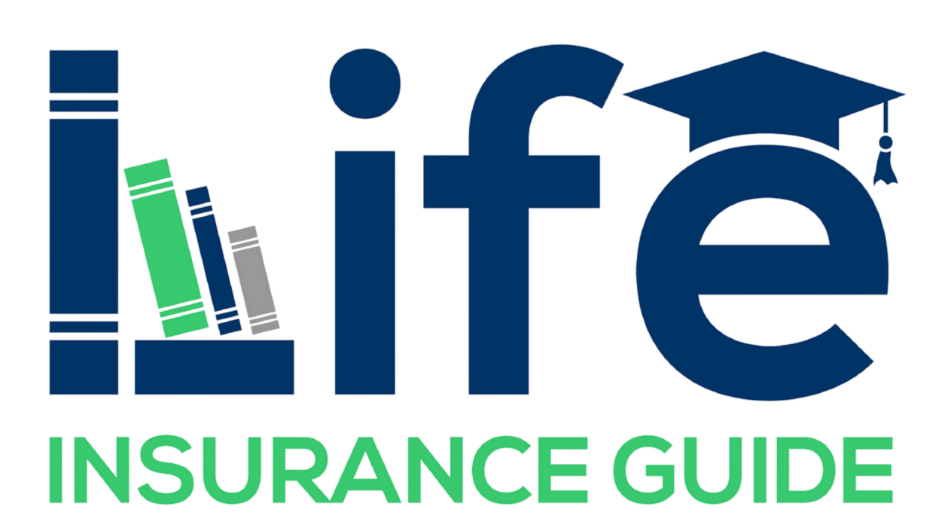Understanding the different names and products that often cause confusion
Life insurance terminology, general terms and defintions can be confusing. You might hear people talk about life cover, death cover, income protection, or even risk insurance. They’re all describing the same basic idea: protecting your financial position if something unexpected happens.
Why So Many Different Names?
- The insurance industry has evolved over time, so older terms still circulate.
- Insurers sometimes create their own product labels.
- General use (like “death cover” or “yearly renewable term”) varies by context.
The important thing is not the name, but what the cover actually does.
The Main Types of Cover
Life Insurance
(also called Death Cover, Term Life, Yearly Renewable Term)
Pays a lump sum to your beneficiaries if you die, or with many policies, if you’re diagnosed with a terminal illness.
- In plain English: money for your family or estate if you pass away.
- What to check: Does your policy include terminal illness benefits, and what definition does it use?
Trauma Insurance
(sometimes called Critical Illness or Recovery Cover)
Pays a lump sum if you’re diagnosed with a specified serious medical condition such as cancer, heart attack, or stroke.
- In plain English: a financial buffer to help you recover and adjust after a serious illness.
- What to check: Which conditions are covered and how each is defined, as these vary between insurers. Some policies also include smaller partial payments for less severe or early-stage conditions.
Income Protection
- Retail or personal cover: most often called Income Protection.
- Group or superannuation cover: often labelled Salary Continuance.
- In plain English: both mean a monthly payment (to replace lost income) if you can’t work because of sickness or injury.
- What to check: Waiting periods, maximum benefit periods, and whether benefits are paid to you directly or through superannuation.
Total and Permanent Disability (TPD) Insurance
Pays a lump sum if you become permanently disabled and are unlikely to ever return to work.
- In plain English: helps clear debts or fund future living costs if you can’t ever work again.
- What to check:
- In superannuation, you must meet both the policy definition and the legal test for accessing superannuation funds.
- Most policies also require that you have already been unable to work for a period (generally 6 months for super fund cover, sometimes 3 months for personal or retail cover).
- Be clear on which TPD definition applies to you:
- Any occupation – common in superannuation, pays out if you cannot ever work in any role you’re reasonably suited for.
- Own occupation – dearer, pays if you cannot return to your specific occupation, but not available inside super.
- Activities of Daily Living (ADL) – a stricter definition, covers only severe disability requiring assistance with basic personal care.
Older Styles of Life Insurance
While less common today, you may still hear about:
- Whole of Life Insurance – cover designed to last your entire lifetime, often with a savings or cash value component.
- Endowment Insurance – similar, but structured to pay out at a set age or after a defined term, often with higher savings features.
Beyond Names – Where the Differences Lie
- TPD inside vs outside superannuation: the benefit might look the same, but within superannuation you also need to meet the legal conditions of release to access the funds.
- Trauma and Income Protection: definitions of “disablement” or “critical illness” differ between insurers, and across retail versus group schemes. Some trauma policies also pay partial benefits for early-stage or less advanced conditions.
- Premium structures:
- Variable Age-Stepped Premiums (previously called Stepped): start lower but increase each year with age.
- Variable Premiums (previously called Level): start higher but are designed to remain more stable over time.
- Note: Recent industry changes have updated this terminology. Your existing policy might still use the older terms “stepped” and “level.”
On top of this, product naming can change over time as insurers update their ranges, so today’s labels may not mean the same as yesterday’s.
Life Insurance vs General Insurance
Unlike home, car, or travel insurance (which can be cancelled or changed by the insurer each year), life insurance has special protections:
- Guaranteed renewable – once accepted, your cover cannot be cancelled as long as premiums are paid.
- Consumer safeguards – such as duty of disclosure rules, cooling-off periods, and rights of review if claims are disputed.
Quick FAQs
Q: My super fund calls it Salary Continuance – is that the same as Income Protection?
These work on the same principle, paying a regular income if you’re disabled and unable to work. The difference is that Salary Continuance is usually provided inside super, and definitions and benefit periods can vary.
Q: Why does my friend’s policy say “Death Cover” but mine says “Life Cover”?
They are the same thing. Some providers use “death cover” to emphasise the benefit on death, while others use “life cover” to reflect the broader cover including terminal illness.
Q: Can insurers change the terms later, like they do with car insurance?
Retail life insurance arranged by an adviser: No – life insurance is guaranteed renewable. Once you’re accepted, your cover continues each year as long as you keep paying premiums.
Group cover through a super fund, employer or membership body: Yes – these are set up under agreements that can be renegotiated. In rare cases, the insurer may change the terms or even stop offering the cover when a contract ends.
Final Note
This guide is a general overview. To understand exactly what your own cover provides:
- Always check your policy document or Product Disclosure Statement (PDS).
- If your cover is through superannuation, also review your member booklet or insurance guide.
- Check out the Glossary in our Resources section for more terms
What to Do if You’re Still Unsure
- Review your documents carefully to see what’s included.
- Compare names and definitions in the glossary.
- If something doesn’t make sense, reach out to your insurer, super fund or a qualified adviser for clarification.




